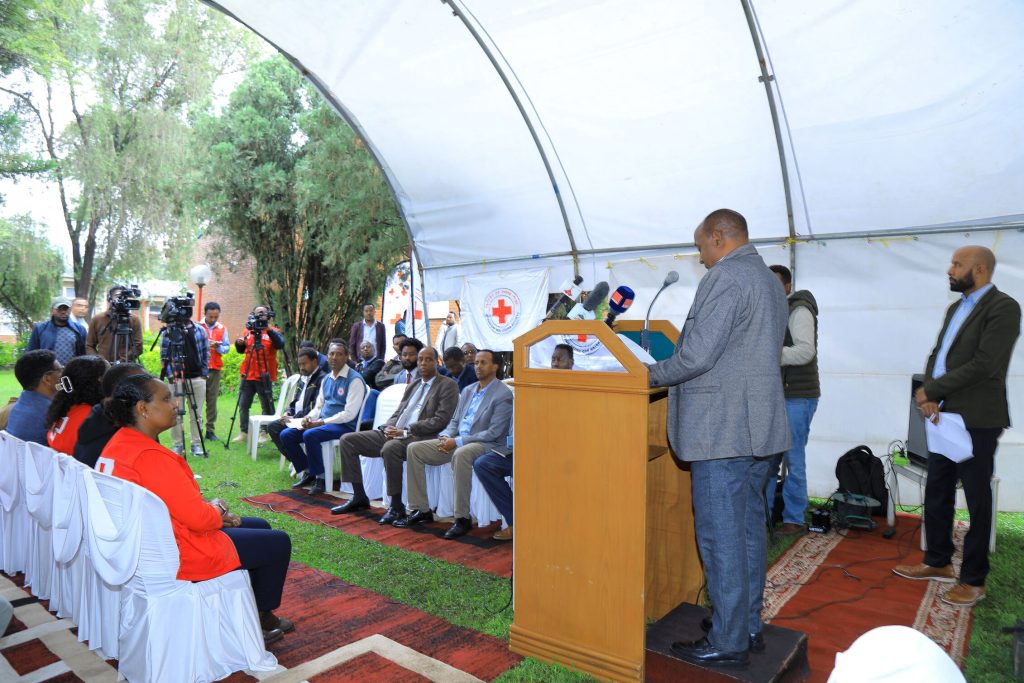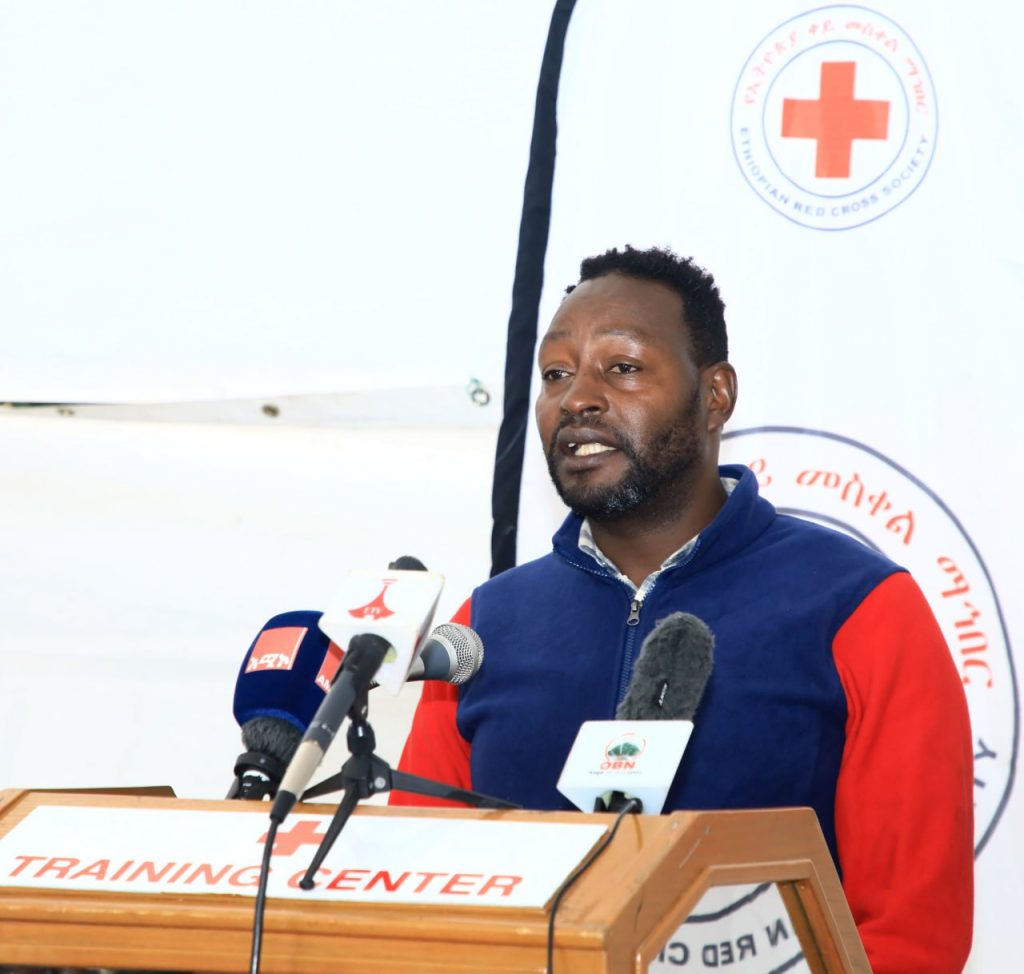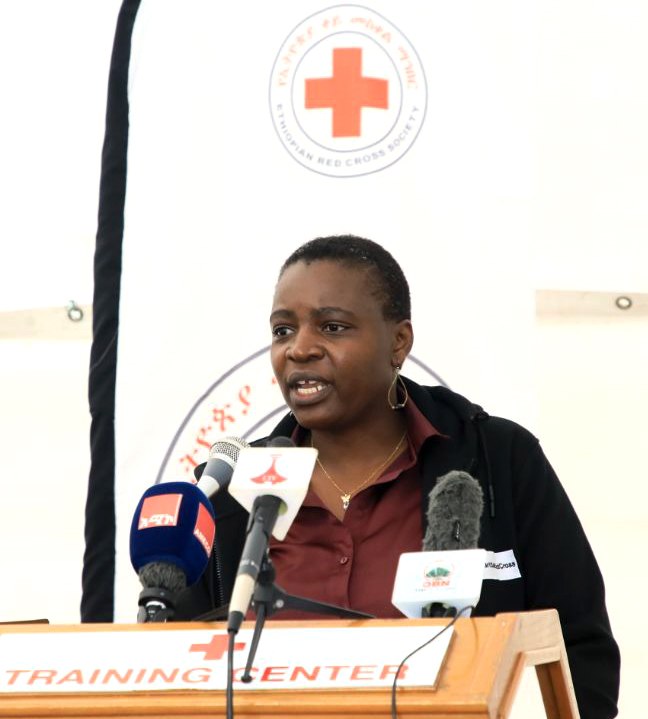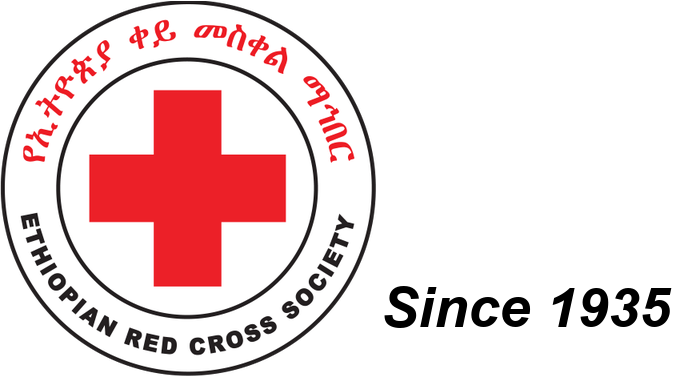ERCS Received More Than 150-Million-Birr Worth of Medical Support


The UK’s Foreign, Commonwealth and Development Office (FCDO) has provided medicines, medical supplies and equipment worth more than 150 Million Birr to the Ethiopian Red Cross Society under the Ethiopia Crises to Resilience program(EC2R).
The aim of the support is to ensure that 38 health facilities in four regions namely Amhara, Benishangul Gumuz, Oromia and Tigray, have the necessary resources to provide appropriate medical services and prevent and control diseases and the support is vital contribution to primary health.

The Deputy Secretary General of the Ethiopian Red Cross Society, Ato Dires Desyibelew, said that the Ethiopian Red Cross Society, in collaboration with UK’s Foreign, Commonwealth and Developmental Office (FCDO), is implementing ‘Ethiopia Crises to Resilience’ program to create a strong and healthy community that is resilient to disasters in the Ethiopia. Ato Dires added that the main objective of the project is to improve health service delivery through the provision of medicines, medical equipment, ambulance vehicles and information technology equipment.

The representative from the Ministry of Health of the Federal Democratic Republic of Ethiopia, Ato Maru Legesse said that the ministry is working in coordination with stakeholders to distribute medicines and medical supplies throughout the country working on a long-term and short-term plan to improve the provision and accessibility of grassroots health services and the supply of medicines. He said that this year, his Ministry is implementing a system called “community demand and supply” in all health institutions and to provide legally supported medicine supply; and the support by the Ethiopian Red Cross to the four regions will made a significant contribution to their effort and thanked the Society for its humanitarian work in hard to reach remote areas.

The British Red Cross delegate in Ethiopia Christina Mangunda said that the items being handed over directly respond to needs identified in close collaboration with the Ministry of Health and they will help health workers deliver critical care, reduce preventable deaths and restore dignity. She also added that the support is a vital contribution to primary health centers and serving hard to reach communities affected by conflict and drought in the four regions, which face immense challenges and the gaps in access to basic health services are significant.
